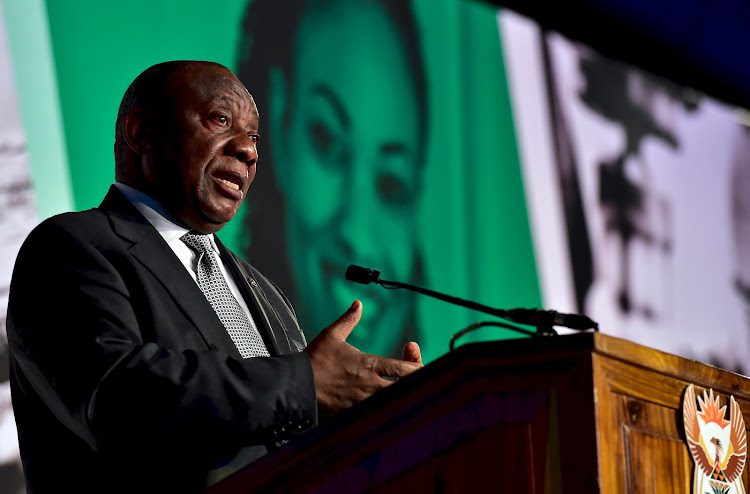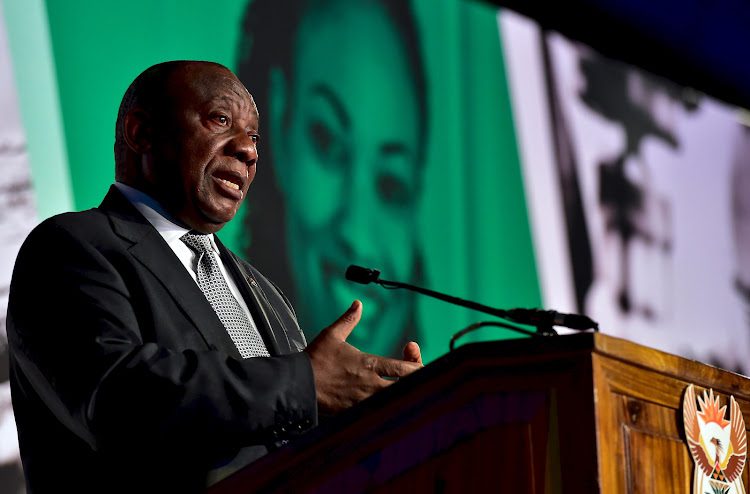
19 September 2024 – 07:00
SA has made significant strides towards achieving its development goals. Among the accomplishments of SA’s democratic dispensation have been the reduction in the poverty rate, the increase in school enrolment and access to healthcare services.
Yet, challenges remain in realising SA’s development goals and to provide opportunities for all. There is much do be done to meet the goals of the National Development Plan (NDP) 2030, the United Nations (UN) Sustainable Development Goals and the continental Agenda 2063.
To advance the work of meeting SA’s development goals, we should continue to pursue stronger coordination within government, and to foster greater collaboration between government, business, civil society and other stakeholders.
Since 1994, the SA Government has undertaken planning reforms to support better coordination and towards the realisation of development goals. Four waves of planning reform can be identified during the course of democracy, namely, setting the foundations of planning; driving coordination and intergovernmental relations; planning, monitoring and evaluation at the centre of government; and advancing the institutionalisation of planning.
These four waves reflect major strides towards the institutionalisation of planning in SA, and provide insight on how to better support integrated planning for the seventh democratic administration of government and beyond.
The department of planning, monitoring and evaluation (DPME) plays the role of managing the government’s overall planning framework and oversight of institutional planning.
The department is also ensuring coordination of the mid-term development plan (MTDP), making sure that it is aligned to the NDP. The MTDP will translate the three strategic priorities of the government of national unity (GNU) into a detailed plan of interventions that the government will implement during the seventh administration.
Collaboration between the government, business, civil society and other stakeholders towards achieving the country’s development goals remains in place, with potential to do even more together.
Collaboration stimulates innovation, as diverse perspectives produce creative solutions. It also ensures that development efforts are more inclusive and equitable, addressing the needs of marginalised and vulnerable groups. The National Planning Commission (NPC) has initiated a process of identifying key areas that should be incorporated into the government’s planning process. This has included consultation with key stakeholders from the business, labour and civil society sectors.
Recently, the UN Global Compact SA handed over to me the private sector voluntary national review (VNR) report on the Sustainable Development Goals (SDGs) for SA.
This report includes contributions from SA businesses on how the private sector is scaling up action to achieve the SDGs. Coordinated by the UN Global Compact Network SA, the private sector VNR report has been handed over to government to be incorporated into the national SA VNR report on the SDGs, which is coordinated by the department of planning, monitoring and evaluation (DPME).
SA is navigating complex socioeconomic issues, which include unemployment, inequality and the impact of climate change. We are also working hard to combat gender-based violence and femicide (GBVF), a scourge which continues to inflict pain in our society.
Partnerships are central to the 2030 Agenda for Sustainable Development, and in SA’s continuing reform and policy implementation.
The collaboration between the government, private sector, civil society and other stakeholders creates an enabling environment for sustainable development. We must continue to advocate for partnerships as we work to do more together and to achieve our shared objectives for the country.
We continue to align our national policies to regional and global developmental agendas. It is therefore critical that we continue to collaborate across sectors and communities in SA to work together in building a more prosperous future for the country.
Collaboration requires commitment, trust and open communication from all the social partners. It involves recognising the value that each sector brings and creating spaces for dialogue and partnership. The proposed national dialogue becomes critical, as for collaboration to succeed, there must be a commitment to and re-affirmation of the shared vision for SA’s future, the NDP, which is a vision that prioritises inclusive growth, social justice, and sustainable development.
While we face difficult challenges, collaboration offers SA an opportunity to overcome these and build a truly united, non-racial, non-sexist, democratic and prosperous society where we all live side-by-side in peace and harmony.
- Ramokgopa is minister in the presidency for planning, monitoring and evaluation


